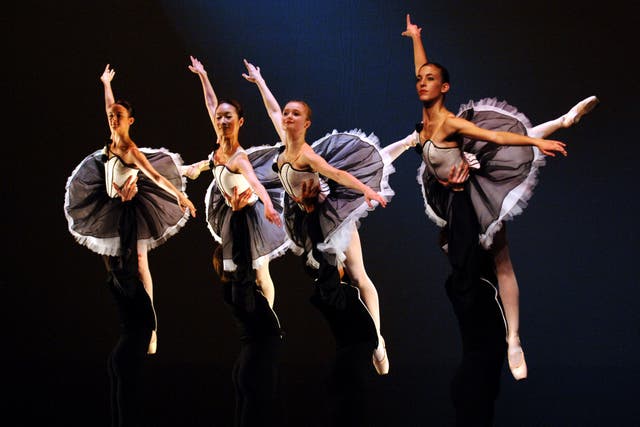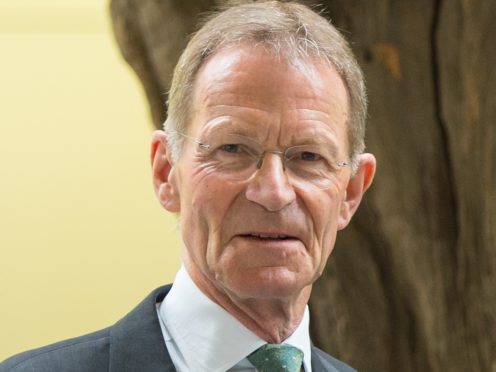The UK arts industry is now “an essential part of the British economy”, a culture boss has said.
A report for Arts Council England has claimed the arts and culture sector added £10.8 billion to the economy at the last count in 2016, more than agriculture and some areas of UK manufacturing.
Sir Nicholas Serota, chairman of Arts Council England, has called for greater funding for the growing arts industry, claiming the sector is essential and “represents the future”.
A new report charting the impact of the arts from 2009 to 2016 has shown a year-on-year rise in value to the economy.
By 2016, 360,000 jobs were estimated to be supported by the arts, which also brought the government £2.8 billion in tax.
The value of arts and culture as an industry rose by £390 million from 2015 to 2016.
Sir Nicholas has said that any other industry would have guaranteed investment after this success, and has called for greater funding to embrace a new-look economy.
He has also said that the cultural and economic impact of Brexit makes the arts more vital then ever.
Sir Nicholas told the Press Association: “Traditionally people have tended to think of the arts as nice to have. What this report shows is that the arts are an essential part of the British economy.
“The cultural industries are more important than agriculture in terms of jobs, and in terms of output. It’s a changing society, a changing economy – this represents the future.”
“Further investment, public investment, would be repaid enormously.
“In the more traditional industries results of this kind would be leading to demand for further investment. It will create jobs, it will create economic benefit in communities across the country.
“There needs to be a lead at a national government level. We’ve seen a standstill in central government funding for the arts since 2010. I would like to see a significant uplift in the next spending review.”
The chairman has claimed that Brexit has lowered the UK’s standing in the world, and investment in the arts would not only boost the economy, but also national identity.
He said: “Whatever the outcome of the Brexit negotiations, I think everyone would agree that over the past couple of years or so British standing in the world and British identity has suffered because of the uncertainty.
“We need to rebuild our position in the world, and I think an investment in the arts industry is a very positive way of doing that. We know that there is enormous international interest.

“The reputation of the arts, internationally, has never been higher, but we need it even more than we’ve ever needed it before. I think it’s a very effective way of promoting this country.
Sir Nicholas said that while there was success in the sector, it cannot be run on the volunteer workforce which has filled in gaps created by cuts.
He said: “The resilience of arts organisations in the face of austerity has been astonishing”.
“You can’t run a professional industry on volunteers.
“You need to train people, you need to give people a sense of career. We need to be investing in young people, and bringing them into this industry.”
